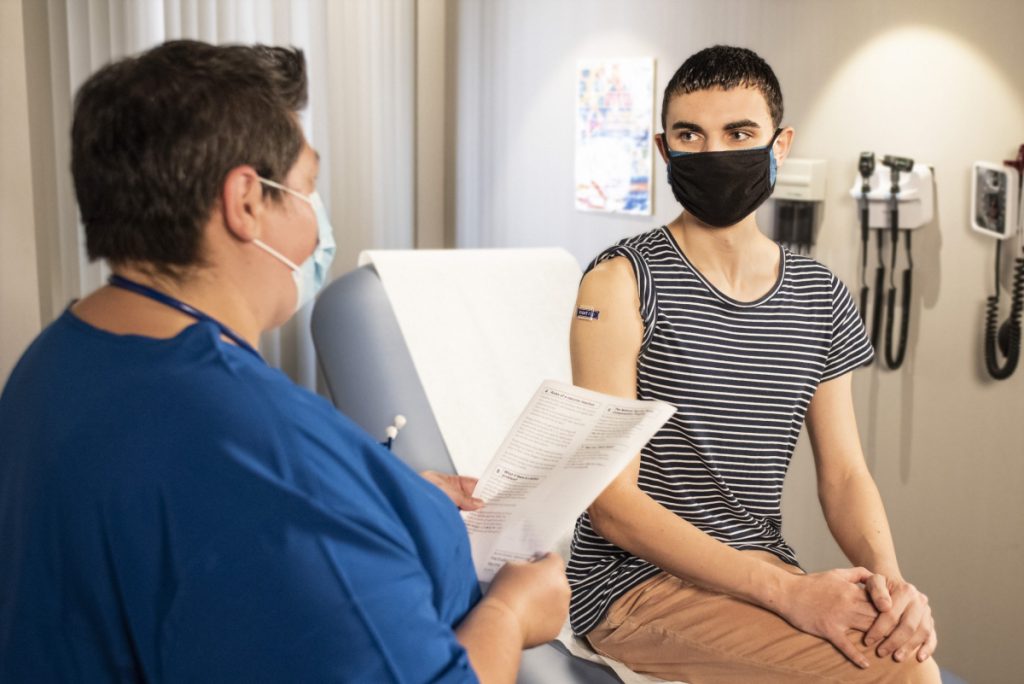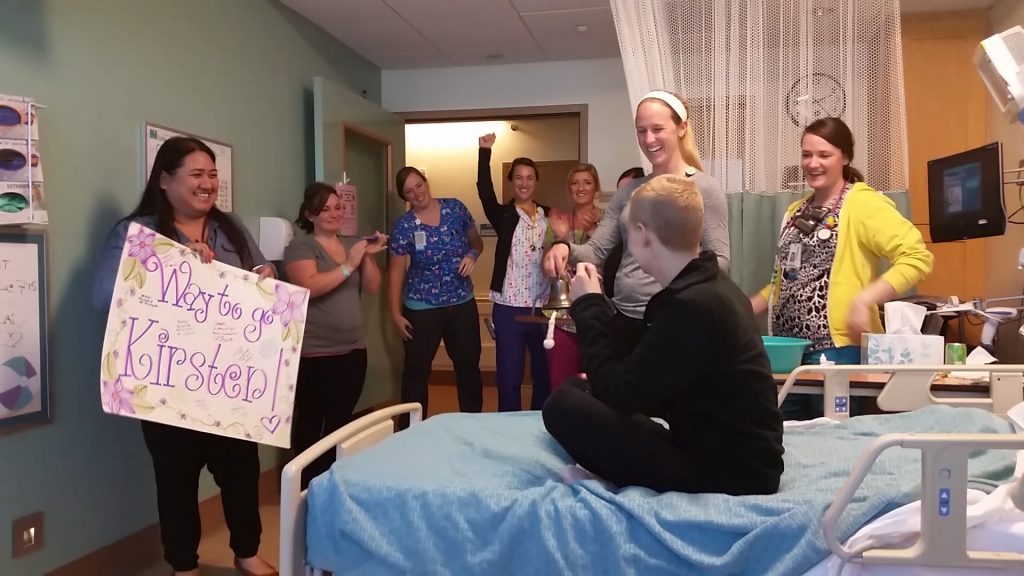A cancer diagnosis can significantly impact a young adult’s work life. The physical and emotional toll of treatment can make it difficult to focus on work tasks, and the uncertainty of the disease can make it challenging to plan for the future. Supporting your co-worker through this challenging time is critical.
For a young adult who has been diagnosed with cancer, it can be difficult to balance the demands of work with the demands of treatment and recovery. They may need to take time off for doctor’s appointments, treatments, or surgery and may experience side effects such as fatigue, nausea, or pain that can make working difficult. They may also struggle with emotional and mental health issues such as anxiety, depression, and fear.
Tips for supporting a co-worker
As a co-worker, it’s important to be understanding and supportive of a colleague diagnosed with cancer. Here are some helpful tips for how to support a co-worker diagnosed with cancer:
- Be understanding of their need to take time off for treatments and appointments.
- Offer to help with tasks or projects if they need to take a leave of absence.
- Check-in with them regularly to see how they are doing and offer your support.
- Remember that they may be dealing with emotional stress and be sensitive to their feelings.
- Offer to help with transportation, meals, or other needs they may have.
- Please respect their privacy and do not share information about their diagnosis or treatment without their permission.
- Be patient and understanding if they need to take time off for doctor’s appointments, treatments, or surgery.
What to avoid when supporting a co-worker
On the other hand, here are some things to avoid when supporting a co-worker diagnosed with cancer:
- Don’t ask them invasive or personal questions about their diagnosis or treatment
- Don’t treat them differently because of their cancer diagnosis.
- Don’t share information about their diagnosis or treatment without their permission
- Don’t make assumptions about their ability to work or perform their job duties
- Don’t pressure them to talk about their diagnosis or treatment if they don’t want to
Most importantly, don’t avoid them. Returning to the workplace is already hard enough without colleagues making it feel even more awkward and uncomfortable. If you haven’t seen them in a while, it is normal not to know what to say. Want to get off to a great start? Try a friendly, “It’s good to have you back. How’s it going so far?” and hold space for their reply.
Everyone’s experience with cancer is different, so be sensitive to your co-worker’s unique needs and feelings. By being understanding and supportive, you can help your co-worker navigate this difficult time and maintain a sense of normalcy in their work life.


